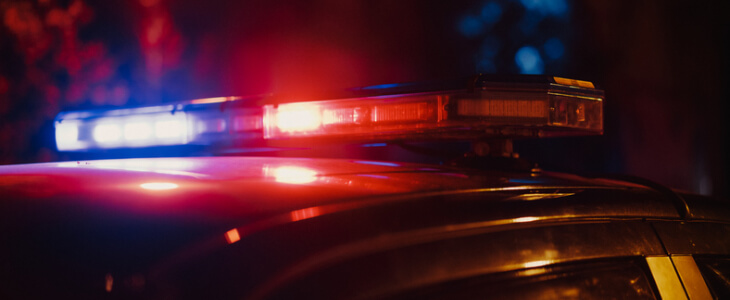
Self-Defense vs. Assault: Where is the Line Drawn in New York?
In the busy streets and neighborhoods of New York, understanding the boundaries of personal safety and the law is paramount. The distinction between self-defense and assault can sometimes become blurred, especially in tense, rapidly evolving situations. If you're facing assault charges, the stakes are high, and the consequences can be severe. It...

Is shooting a video in some areas of Nassau County illegal?
Have you decided to join the ranks of being a career social media influencer? Or perhaps you are enjoying it right now as a hobby? If you are one of these individuals who enjoys filming video content in Long Island, you should be aware of some basic legal considerations involved. These might...

Lapse in Insurance? Why It May Result in a Suspended License and Registration
The state of New York has strict penalties and consequences if you let your car insurance lapse. These penalties for lapses in insurance coverage are generally in place to encourage continuous coverage and responsible behavior for the sake of public and individual welfare. Here are some of the reasons why penalties can...

Charged with Theft on the Self-Checkout Line? Let’s Talk Intent
If you’re like many shoppers, you don’t like dealing with the long lines that form at registers in ShopRite, Costco, or Walmart. One way around this is to go to the self-checkout line. This can save precious time, especially if you are only purchasing a few items. However, you can be setting...

How to get a conditional license after a DWI in Nassau County, New York
Of the many consequences of getting busted for a DWI (driving while intoxicated) in New York State, losing the driving privileges that come along with your driver’s license is one of the most impactful. If you call Nassau County home, then you know that getting around without a driver’s license can be...
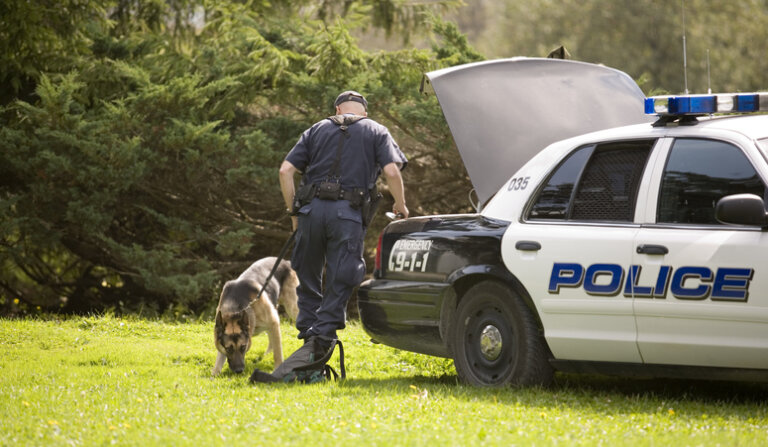
What can police search without a warrant in Nassau County, New York?
Few things can be as stressful as interacting with law enforcement in an unexpected situation, such as getting pulled over by a State Trooper or having a Nassau County police officer come to the front door of your home. If you’re like most folks, you are going to want to accommodate the...
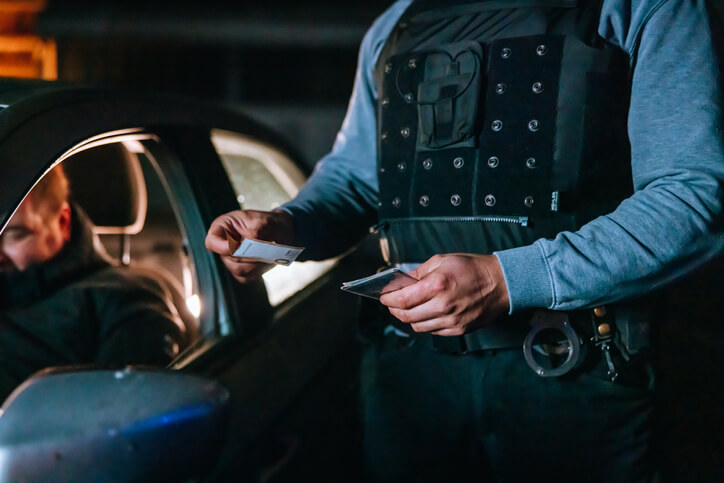
NYS Driver’s License Point System: The Basics
Getting a traffic ticket is one of the most unpleasant aspects of driving a motor vehicle in New York. Our law enforcement is on the roads every day, pulling over motorists for various infractions ranging from speeding and equipment violations to reckless driving and DWI. Aside from the...
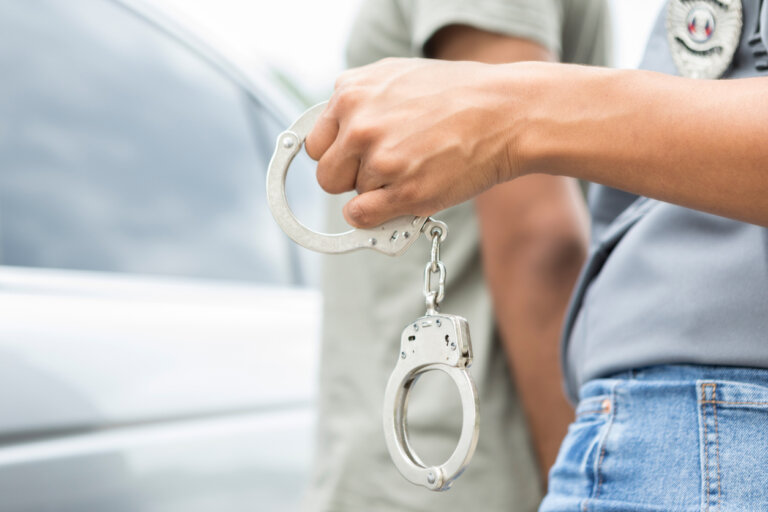
Myths About Miranda Rights
“You have the right to remain silent; If you don’t remain silent, anything you say can, and will, be used against you; You have the right to an attorney; if you cannot afford an attorney, one will be appointed to you…” If you have watched any TV in the past eighty years...

Reckless Driving in New York: Consequences and Defense Strategies
Reckless driving is a serious offense in New York, carrying severe penalties that can impact your driving record, insurance rates, and even your freedom. By exploring the nuances of reckless driving cases, we aim to empower individuals with knowledge and insights that can help them make informed decisions when facing such charges....
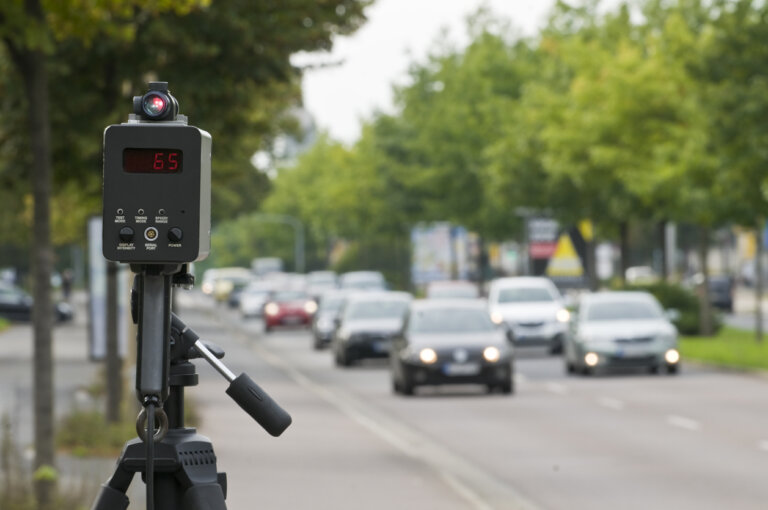
How You Can Challenge a Radar Speeding Ticket
Speed limits are set with the goal of keeping everyone safe. There is an inherent risk when driving a car. New York State Vehicle and Traffic Law (VTL) 1180-d simply states that a driver shall comply with posted maximum speed limits. Speeding tickets in New York State carry hefty fines, points, and...